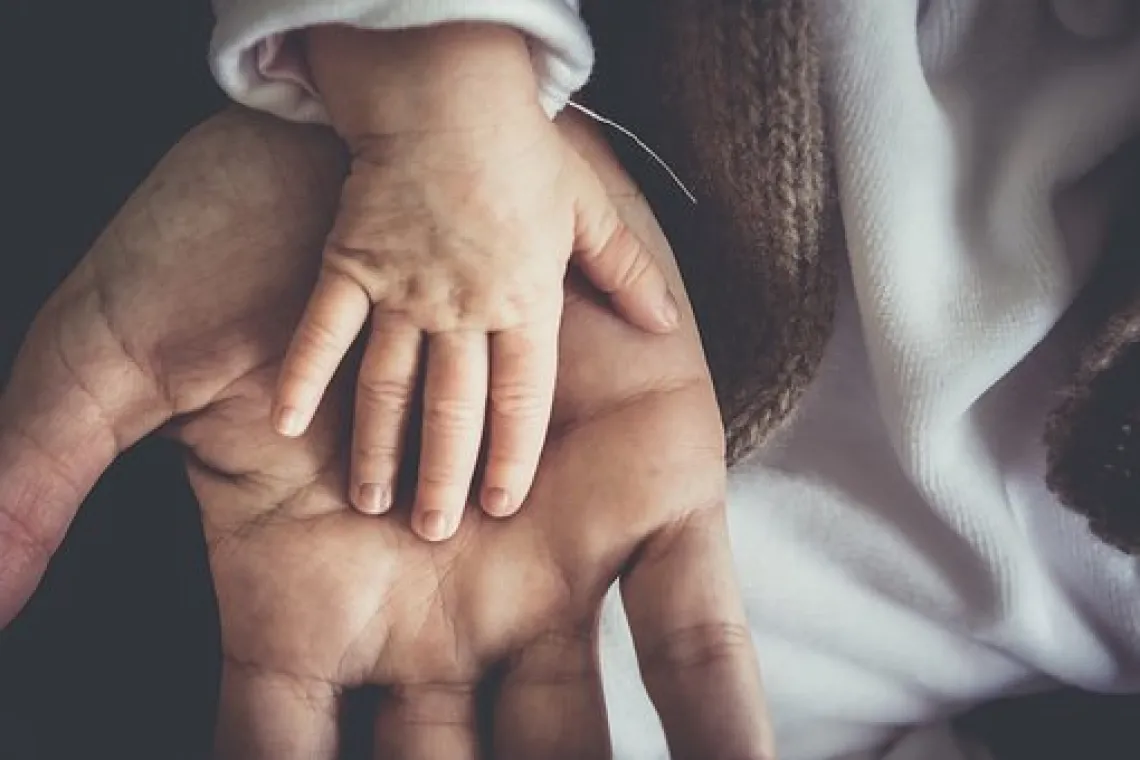Providing for Parents Pursuing Graduate Degrees

By Elizabeth Labiner
The challenges of graduate school are myriad; the challenges increase and diversify when graduate students are parents. Graduate students who have children are more likely to either take a leave of absence or drop out of school altogether, and over half of those who leave say that family commitments would make it difficult for them ever to return.
In light of this, the Graduate and Professional Student Council and Campus Recreation recently partnered to host a focus group to hear from student parents about the problems they face and how the university could support them. GPSC Institute Director Michelle Sogge reports, “Student parents face specific barriers to academic achievement and personal wellness that they feel are not adequately addressed by current UA programs/policies, particularly when compared to other institutions.” The primary concerns cited by the participants in the focus group are scheduling conflicts and competing time commitments, particularly when coupled with childcare needs. The GPSC plans to advocate for childcare facilities on campus, which could alleviate a great deal of stress for students whose obligations on campus aren’t compatible with the limitations of off-campus childcare options.
A second problem is the lack of clear, consistent communication regarding resources available to graduate student parents. GPSC President Marie Teemant points out that there are grants and stipends available, along with many other resources to aid parents, but relevant information is scattered across various websites, and many of the programs are not named intuitively. “Finding the resources we do have can be a challenge,” Teemant explains. “For example, Life & Work Connections is a great resource, but there’s not necessarily anything in that name to overtly indicate to graduate students that they can find information on childcare there.” Similarly, some participants in the focus group requested programs or services that Campus Rec already provides -- such as day camps for children during school breaks (including the Rec’s flagship summer camps), children’s swim lessons, and discounts on child/youth programming for UA employees -- but of which the participants were unaware. As a result, Teemant continues, GPSC is going to work on consolidating resources in one location, as well as creating a strong community for student parents to share their experiences and information with one another.
One positive element that emerged from the focus group is that student parents felt very welcomed by their faculty and departments, and said that they felt supported on an interpersonal basis, if not necessarily on the institutional scale. GPSC’s main goal, Teemant says, is to make that level of support consistent across programs and at all levels of the university. “I feel very strongly about making sure that parents have a place in graduate education, and that their children are welcomed into that place as well. A student parent’s experience is going to be shaped by their family, and you simply can’t separate that out when considering how best to serve them.”
The focus group’s feedback to GPSC and Campus Rec resulted in the following goals, which Teemant feels are vital and attainable:
- Create a panel at Graduate Orientation for student parents;
- Support development of a “student parent” webpage, club, listserv, open house, and/or dedicated information packet to create community and provide information;
- Advocate to expand the number of changing and breastfeeding stations across campus, particularly focusing on placing more changing stations in men’s bathrooms;
- Continue collaborative discussions on childcare center/early learning center possibilities, and/or support UA expanding current childcare support;
- Encourage increased representation of student parents in UA advertising images and language.
“The thing is,” Teemant points out, “this isn’t just about improving the conditions for parents pursuing a graduate education. This affects the next generation, too. We can not only highlight the importance of education, but improve our community as well.”

